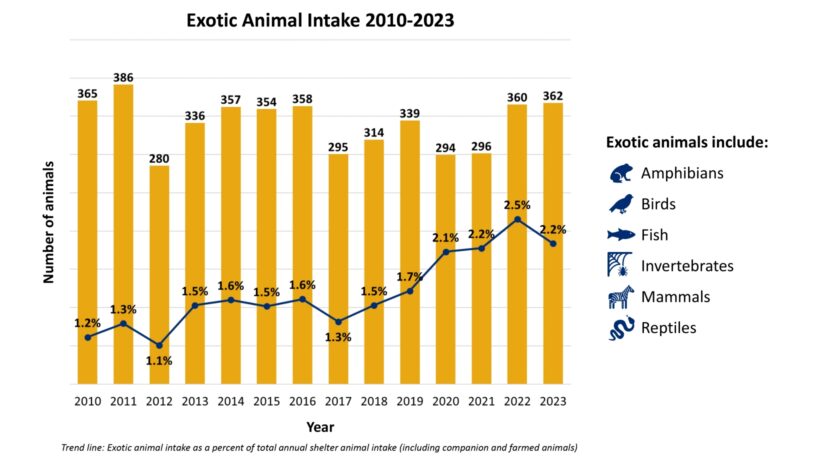The BC SPCA is opposed to the keeping, breeding, selling and trafficking of wild and exotic animals. Whether it’s for the pet trade, roadside zoos, travelling attractions or the entertainment industry, these activities lead to animal suffering and can have negative consequences for the natural environment.
Read our positions on exotic pets and wild and exotic animals in zoos and aquariums.
Exotic pets
Most people know that wild animals like grizzly bears and cougars should never be pets. But many don’t make the connection that exotic animals sold in pet shops and online are also wild animals, just from other countries. Whether taken from the wild or born in captivity, these animals can all suffer physically and emotionally. This suffering begins the moment they enter the pet trade.
Some people buy exotic pets because of the novelty or thrill, or because they see the animal as a status symbol. Others may see them as a way to profit. The exotic pet trade is second only to the drug trade in terms of illegal activity and dollars generated. In B.C., keeping exotic animals is illegal under provincial legislation and regulations.
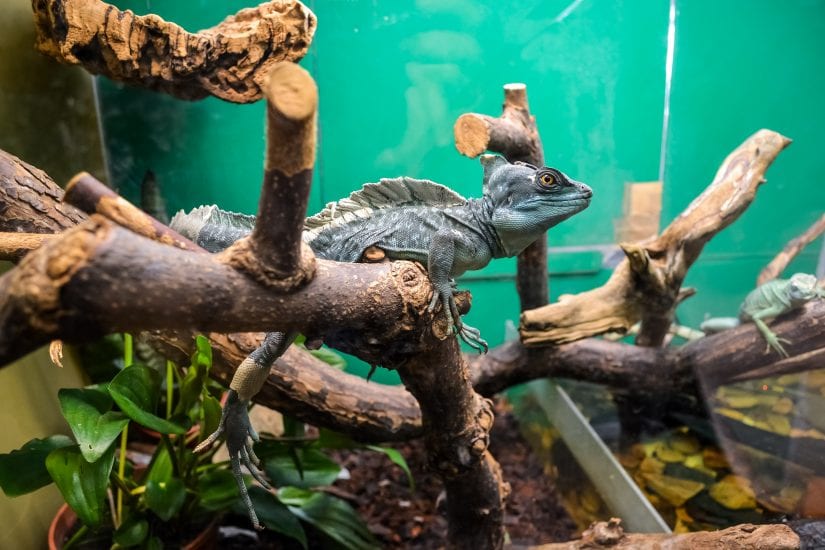
How are exotic pets different from other pets?
Exotic pets can be bred in captivity or taken from their home in the wild. Although they might be sold as pets, they can never truly have mutually beneficial relationships with humans. Animals like cats and dogs have been bred over thousands of generations and thrive in our homes, but exotic animals are still wild in their spirit and behaviour.
These animals suffer in homes because most people don’t have the resources or knowledge to meet their physical, behavioural and psychological needs. Exotic pets are difficult to care for and often grow much larger than their owners can handle. Some outlive their owners, while others die prematurely from poor care.
Exotic pets are usually either abandoned or surrendered when the novelty wears off and the reality of high care costs, lack of interaction, increase in size and care responsibilities become unmanageable. Sanctuaries or refuges that care for these animals are difficult to find and often fill up quickly.
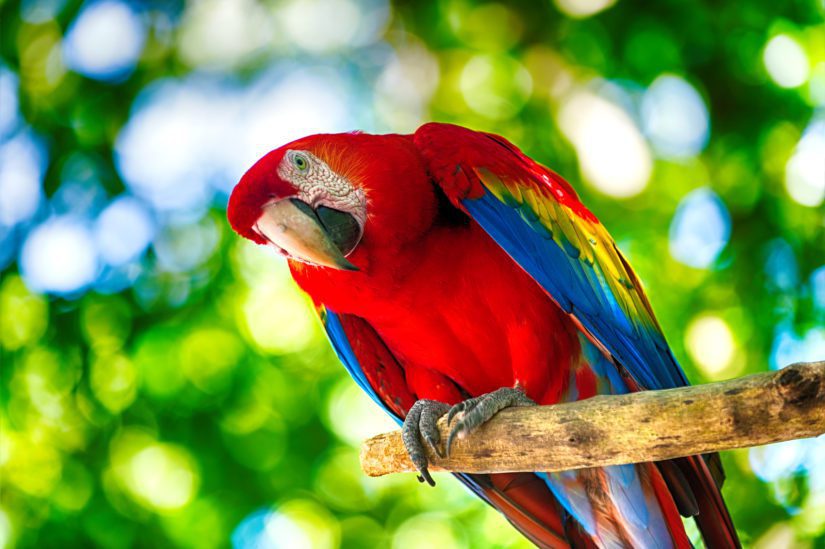
Why shouldn’t exotic animals be pets?
Animal welfare concerns
Mortality rates for exotic animals in captivity are extremely high. Many die within a short time after sale, and more than half of captured animals do not survive capture and transport. They are at risk of dehydration, starvation, hypo- and hyperthermia, stress, overcrowding, injury and attacks by other animals in confined conditions.
Animals who survive face cruel treatment, inappropriate living conditions and inadequate diets at the hands of uninformed owners. It is difficult to source their exact dietary requirements and replicate the complexity of their natural environments. Exotic animals in captivity are not free to express their normal wild behaviours. They may resort to self-mutilation or go into a state of depression.
To protect themselves from predators in the wild, exotic animals try to hide signs of illness or injury. By the time guardians realize their animal is sick, it is usually too late to save them. This means animals suffer for a long time before they die or need euthanasia.
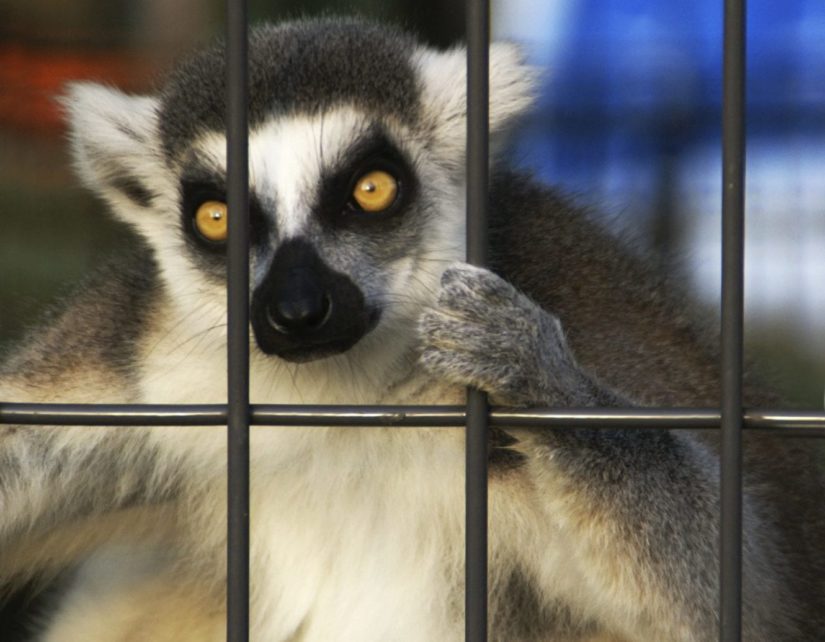
Animal cruelty
BC SPCA cruelty investigators see firsthand the neglect and abuse exotic animals endure in B.C. We continue to investigate private owners, roadside zoos and entertainers. The BC SPCA regularly finds abandoned exotic pets as stray animals, and is asked to assist in rehoming others when owners can no longer care for their specialized needs. Sadly, there are few options for these sick and neglected pets.
In one of our largest investigations in November 2002, the BC SPCA seized 103 exotic, farm and domestic animals in Kaslo, including 15 primates. Continued animal cruelty reports spurred the BC SPCA’s push to change exotic animal laws in 2008.
Environmental impacts
Humans damage fragile ecosystems when they invade to capture animals from the wild. Removing wild animals from their home threatens the species’ population and survival.
Sometimes owners will release animals into the wild when they become too much to care for. They either die quickly or wreak havoc and suffering on native wildlife. For example, red-eared slider turtles were once an inexpensive and popular exotic pet. However, people found they grew too large for home aquariums and began releasing them outside. Their populations are now out of control in many B.C. lakes and ponds, where they damage native turtle and amphibian populations.
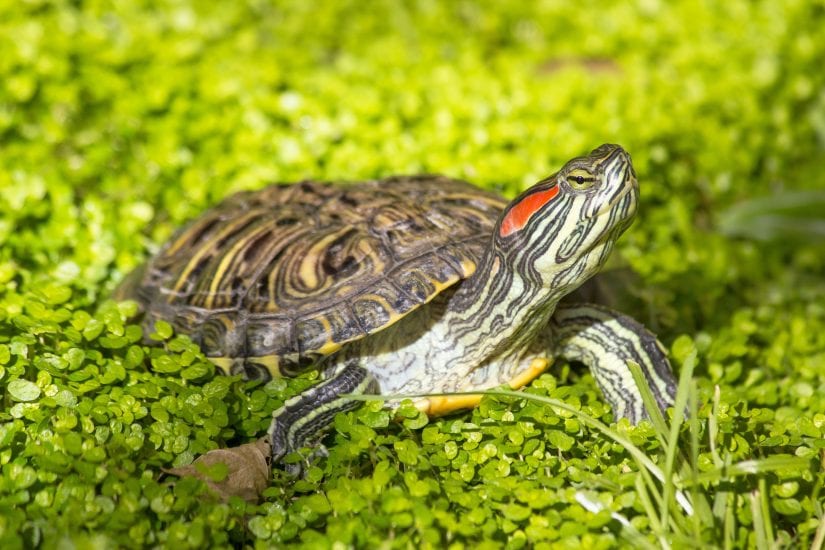
Public health and safety
Exotic animals can transfer serious diseases to humans including salmonella, chlamydia, giardia, herpes, hepatitis A, rabies, ringworm, tuberculosis, measles, monkey pox, dermatophytosis, candidiasis and many more.
Large, strong animals are an obvious risk, but even small animals can be dangerous when they act on their defensive or predatory instincts. As exotic animals grow and their hormones change, they can become very aggressive. Teeth, claws, talons, beaks, spines and tails can all be dangerous.
In 2007, a woman was killed by a tiger in front of her children near 100 Mile House. The tiger was one of three kept in an unaccredited roadside attraction. Although the BC SPCA had been investigating since 2005, there was no legislation in place to prevent them from having the tigers. This devastating event led the BC Ministry of Environment to develop new exotic animal legislation.
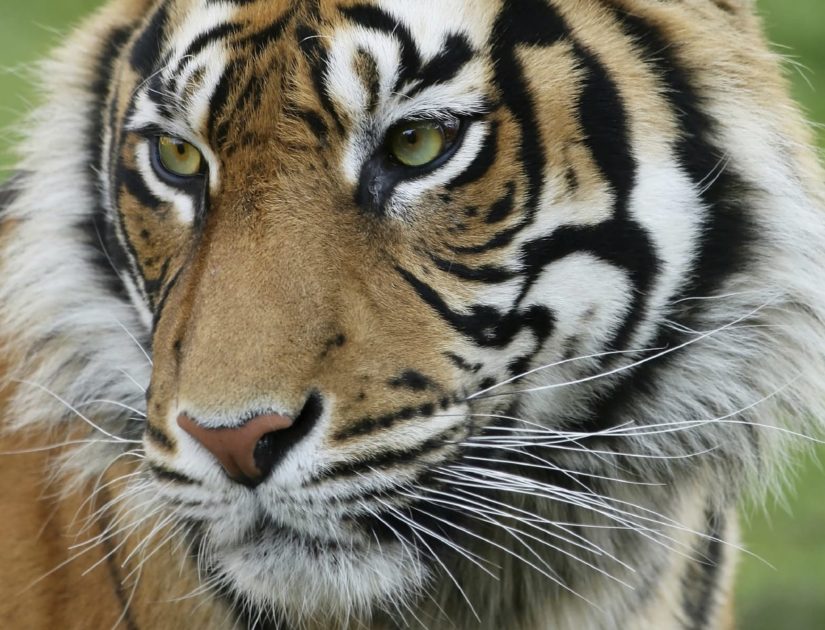
Exotic animal stats
While the majority of animals who enter BC SPCA shelters are companion animals such as dogs, cats and rabbits, we do take in a number of exotic animals each year. Many of them come into our care from cruelty investigations where they are typically found in poor living conditions, lacking proper food, water and veterinary care.
As can be seen in the chart below, our intake of exotic animals relative to our total intake of all animals is generally trending upwards.
Take action for animals
Want to be the first to know about actions you can take on behalf of animals? Subscribe to receive Action Alerts.

